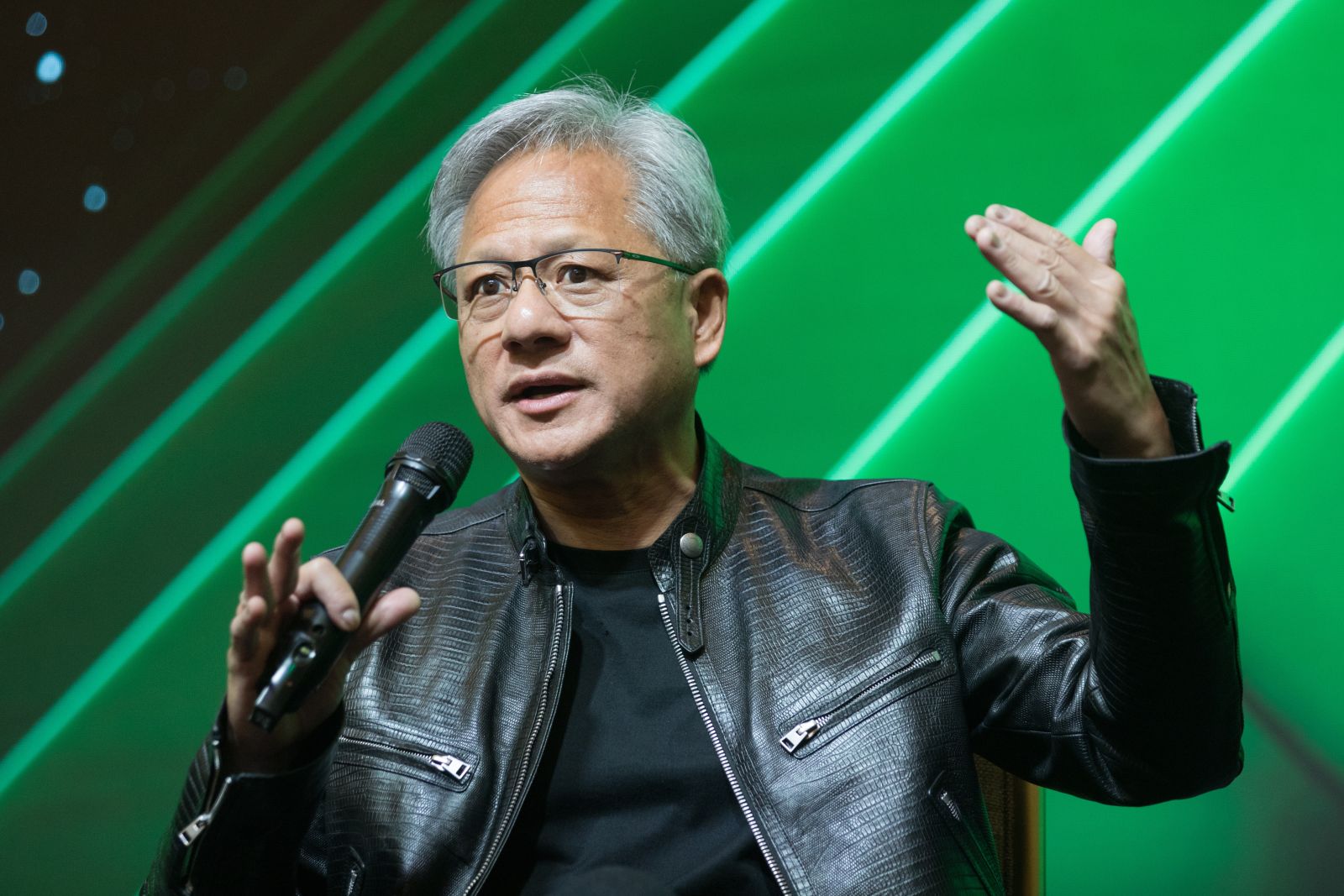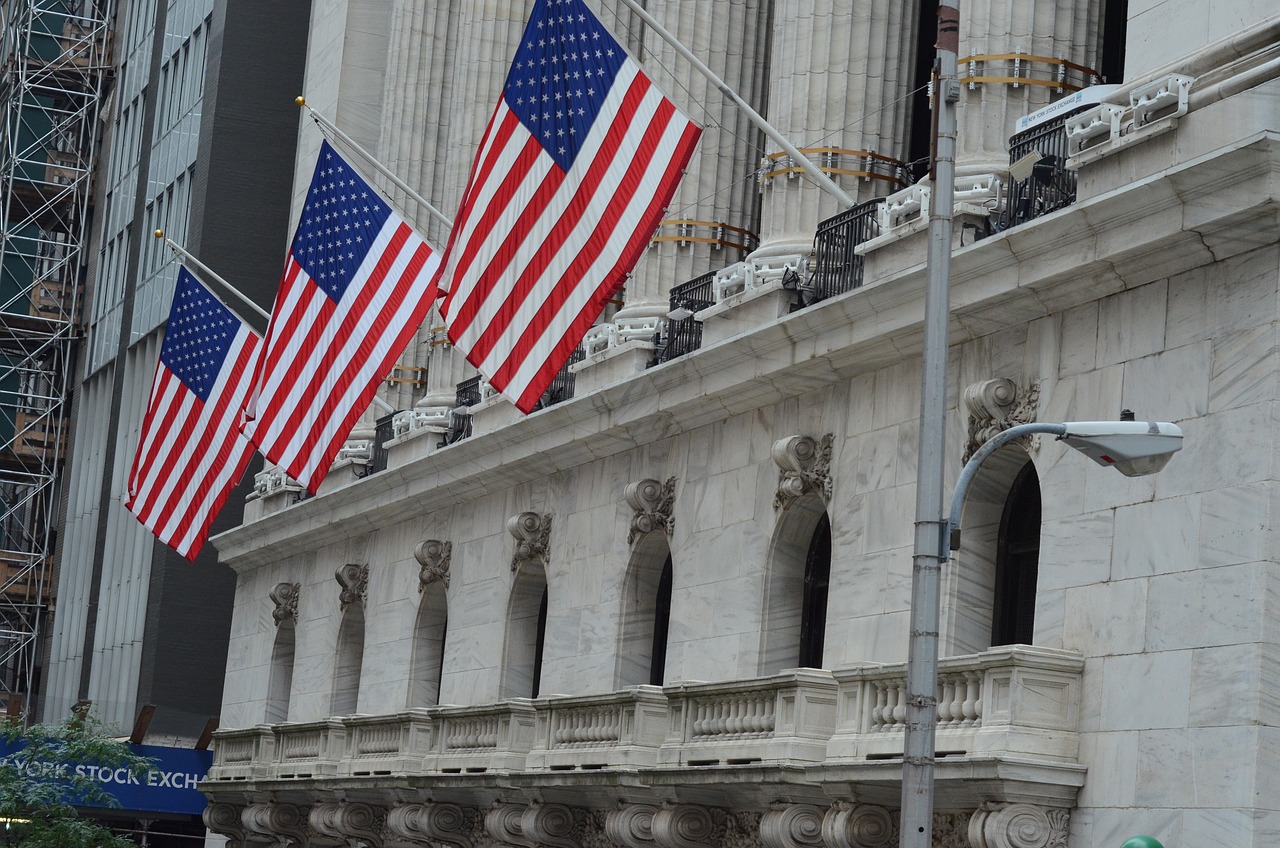One of the key priorities for new Intel (NASDAQ:INTC) CEO Lip-Bu Tan is to turn the company's foundry business into a success. The Intel 18A process node, which features multiple technological innovations and should challenge market leader TSMC in terms of performance and efficiency, is ready for production. The challenge now is to scale up and fill that capacity with new customer orders.
According to UBS analyst Timothy Arcuri, Intel is closing in on scoring Nvidia (NASDAQ:NVDA) as a foundry customer. While Intel has both Microsoft and Amazon on board as Intel 18A customers, winning over the largest fabless chip designer by revenue would be an enormous vote of confidence in Intel's foundry business.
Where to invest $1,000 right now? Our analyst team just revealed what they believe are the 10 best stocks to buy right now. Learn More »
The rumor makes sense
There are two compelling reasons why Nvidia may be keen on shifting some production from TSMC to Intel. First, the company is struggling to provide enough gaming GPUs to meet demand. Nvidia recently launched its RTX 50 series graphics cards, but supply has been extremely tight, leading to prices well above MSRP.
Nvidia makes a lot more money selling data center GPUs aimed at AI workloads than it does from gaming GPUs, so it makes sense that artificial intelligence (AI) chips would be the priority. Nvidia only has so much manufacturing capacity at TSMC, and the company would be leaving money on the table if it didn't go all out to meet soaring demand for AI accelerators.
If Nvidia were to shift gaming GPU production to Intel while leaving AI chip production at TSMC, the company would likely have an easier time meeting demand for both products. The longer it takes Nvidia to meet demand from gamers, the more likely it becomes that those gamers give up and move over to GPUs from AMD. AMD's latest RX 9000 graphics cards are impressive, and Nvidia may be losing market share thanks to the rough supply situation.
Second, shifting some production to Intel's U.S.-based foundries would mesh well with the current political climate and avoid potential future tariffs on products coming from Taiwan. The Trump administration is pushing the idea of bringing manufacturing back from overseas, and Nvidia could score some points with a splashy announcement to do exactly that.
A possible inflection point
Even if this Nvidia rumor is true and the GPU giant ultimately chooses Intel for some production, it would take time for revenue to start rolling in. Any deal would involve a future Nvidia product, potentially the company's next-generation gaming graphics cards, which almost certainly won't launch until 2026 at the earliest.
While winning Nvidia as a foundry customer won't help Intel's financial results in the near term, it would certainly boost investor sentiment. Right now, the jury is still out on whether the Intel 18A process will be a success. Intel's own products built on the process aren't coming until later this year, and it's unclear when third-party products will start being produced in volume. Winning Nvidia as a customer would give investors confidence that Intel 18A is the real deal, and it could lead to a snowball effect as additional chip designers take a serious look.
There's no guarantee that Nvidia will opt for Intel's foundry services. However, if Intel can win over the leading AI chip designer, it would provide an early win for Tan and a much-needed boost for the struggling company. A big piece of good news from the foundry business could be enough to push Intel stock out of the doldrums and deliver solid gains for patient investors.
Don’t miss this second chance at a potentially lucrative opportunity
Ever feel like you missed the boat in buying the most successful stocks? Then you’ll want to hear this.
On rare occasions, our expert team of analysts issues a “Double Down” stock recommendation for companies that they think are about to pop. If you’re worried you’ve already missed your chance to invest, now is the best time to buy before it’s too late. And the numbers speak for themselves:
- Nvidia: if you invested $1,000 when we doubled down in 2009, you’d have $312,980!*
- Apple: if you invested $1,000 when we doubled down in 2008, you’d have $42,421!*
- Netflix: if you invested $1,000 when we doubled down in 2004, you’d have $537,825!*
Right now, we’re issuing “Double Down” alerts for three incredible companies, and there may not be another chance like this anytime soon.
*Stock Advisor returns as of March 24, 2025
John Mackey, former CEO of Whole Foods Market, an Amazon subsidiary, is a member of The Motley Fool’s board of directors. Timothy Green has positions in Intel. The Motley Fool has positions in and recommends Advanced Micro Devices, Amazon, Intel, Microsoft, Nvidia, and Taiwan Semiconductor Manufacturing. The Motley Fool recommends the following options: long January 2026 $395 calls on Microsoft, short January 2026 $405 calls on Microsoft, and short May 2025 $30 calls on Intel. The Motley Fool has a disclosure policy.




/Tesla%20Inc%20tesla%20by-%20Iv-olga%20via%20Shutterstock(1).jpg)
/Chipotle%20Mexican%20Grill%20lunch%20by-%20dennizn%20via%20Shutterstock.jpg)

/Stickers%20with%20AMD%20Radeon%20and%20Nvidia%20GeForce%20RTX%20graphics%20on%20new%20laptop%20computer%20by%20Piotr%20Swat%20via%20Shutterstock.jpg)